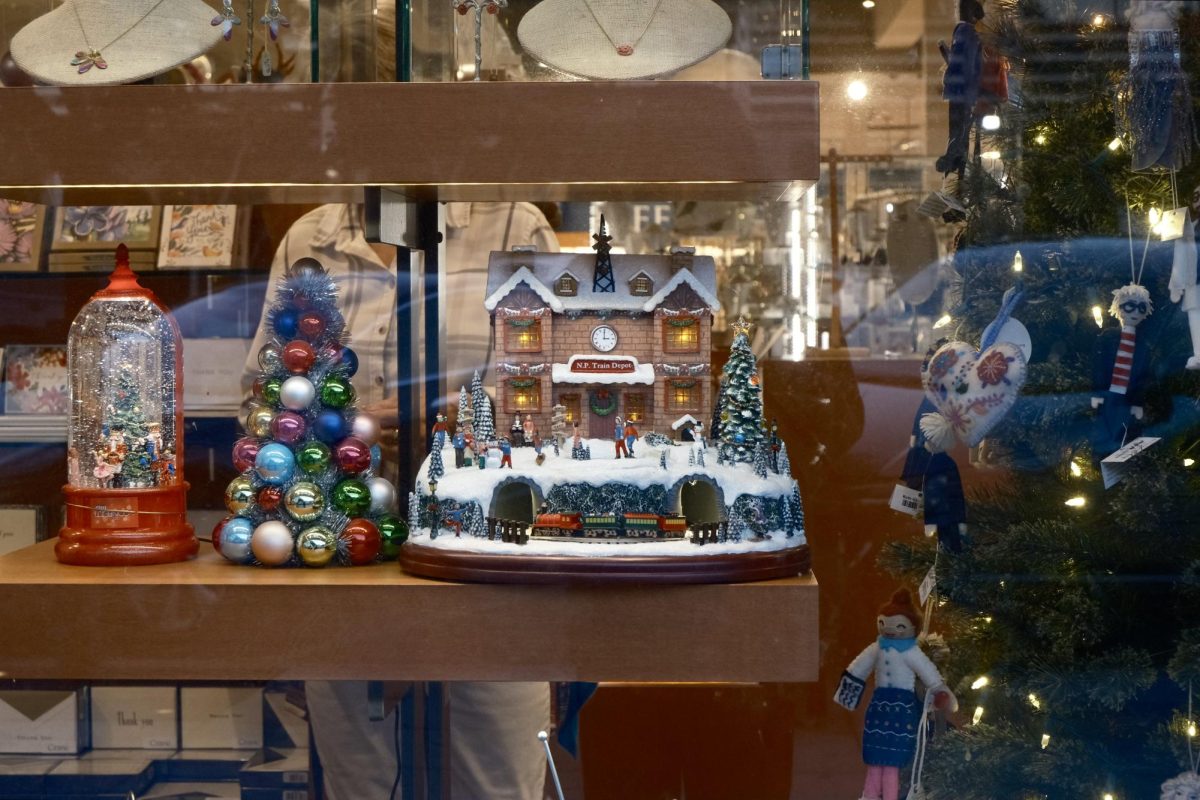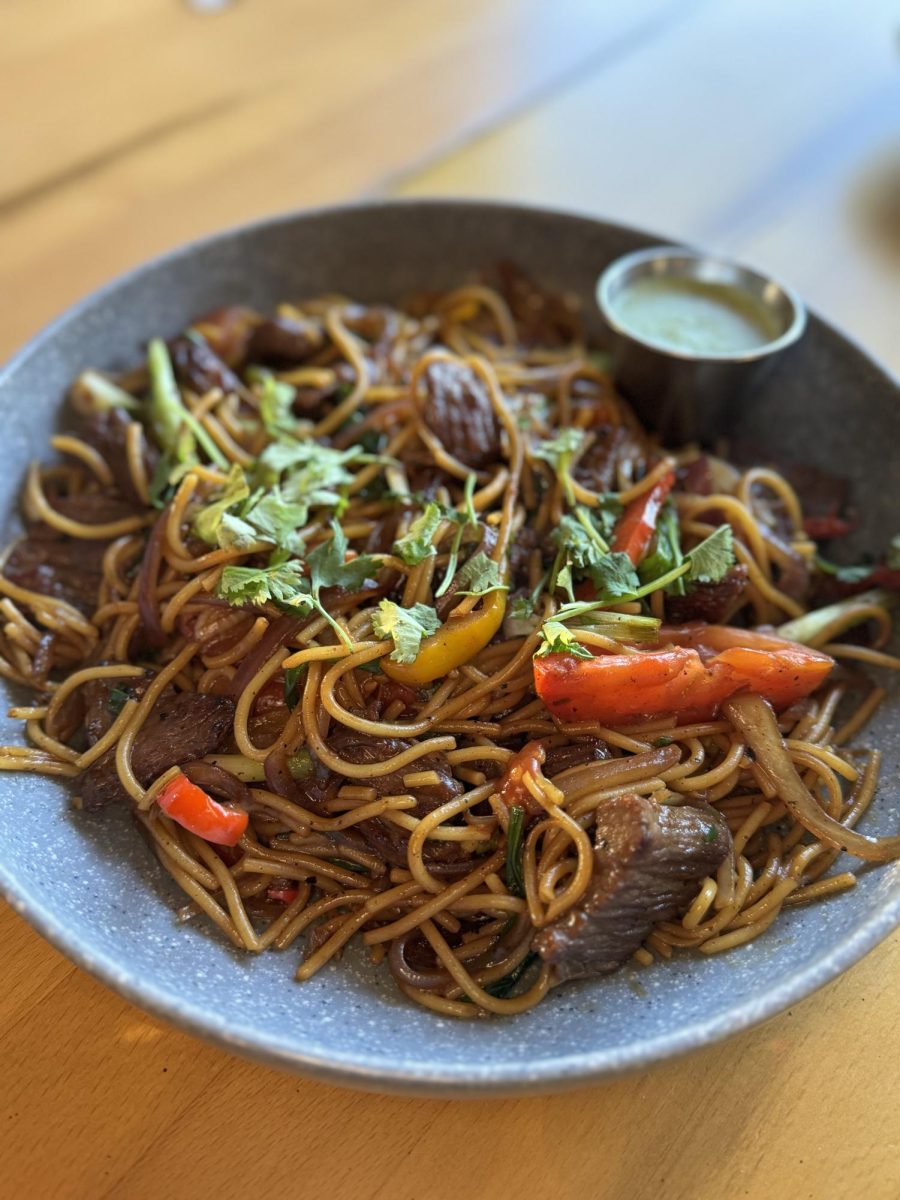Every season has its own charm, but spring has a very special place in my heart. It is the season of awakening, the rebirth of nature. It feels like people see each other in a different way in spring. It makes sense that humans also bloom in harmony with nature, capturing the joy in its purest form, identifying within, and spreading positivity to surroundings.
Even though, ironically, I am writing these lines during May Gray, I’m still keeping the joy inside of me. As someone who grew up in a location where four seasons spread out over a year instead of a day like in Southern California, spring was the blissful transitioning period for me, from trousers to shorts, city to town, and school to summer. What makes this season even more exciting is its holidays. Throughout history, spring holidays have been celebrated across the world and different cultures in similar times. I’d like to share some of my favorite rites with you.
When we speak in terms of astrology, the new year starts when the Sun moves into Aries in late March, which coincides with the spring equinox. When I look at that time of the year, three beautiful festivals come to my mind: Nowruz, St Patrick’s Day, and Ostara.
First, Nowruz is known to have originated in Mesopotamia and was celebrated on the spring equinox, mostly referring to the new year by various ethnic groups worldwide. Some traditions include dances, feasts, family gatherings, and gift exchanges.
Second is St. Patrick’s Day. It is known to have originated in Ireland and is a Christianized spring feast. When we talk about St. Paddy’s Day, the first two things that come to my mind are the evergreens and the four-leaf clover, and those remind me of the Green Man in various mythological stories about Spring.
Lastly, Ostara or Ēostere is an ancient holiday referring to awakening and the rebirth of nature, celebrated on the spring equinox like Nowruz. Similar traditions continue with a connection to the New Year’s rites, but etymologically it is more European. And speaking in terms of etymology, there is my second favorite spring holiday: Easter. Even though I have never celebrated Easter, it always captured my attention in my childhood, with family gatherings, dying eggs, egg hunts, and Easter Bunny. It always felt like a holiday designed for kids, but of course has a deeper meaning: symbolizing the resurrection of Jesus, just like the rebirth of nature.
Now I’d like to mention another holiday celebrated around the spring equinox as well, and that’s Holi. Honestly, I’m quite new to observing Holi traditions, but so far I enjoy the colors. It is an ancient Hindu holiday symbolizing the end of winter and the start of spring, the awakening of nature, as well as the triumph of good over evil.
Now I’d like to jump a little later in Spring and reveal my favorite spring holiday: Hidirellez. Hidirellez is an ancient Turkish spring holiday celebrated on the 5th and 6th of May. Symbolizing the awakening of nature, the start of summer days, and the protectors of the Earth. It is originally an ancient holiday also having connections with the Gaelic May Day festival Beltane with its meaning and rituals. Etymologically, it refers to the prophets’ names Hizir and Ilyas, and their meeting time on Earth. According to some folk legends, they’ll make your wishes come true on the night of May 5. Some traditions include dances, jumping over bonfires, and writing your wishes on the night of May 5 and throwing them into the water on the day of May 6.
There are two traditions of Hidirellez that remind me of the “popular” law of attraction. The first one is cutting papers like money for abundance and spreading them in your home. The second is drawing your wishes from matchsticks on the floor. Don’t these traditions also remind you of some of the new-age activities like vision boards and imagination exercises? Perhaps history is repeating itself.
We’re living through another season full of holidays, and I am again enchanted with different cultures that are connected to each other even without technology throughout ancient times. Also, at this time of the year, I can’t help but to be thankful for summer for being around the corner.







